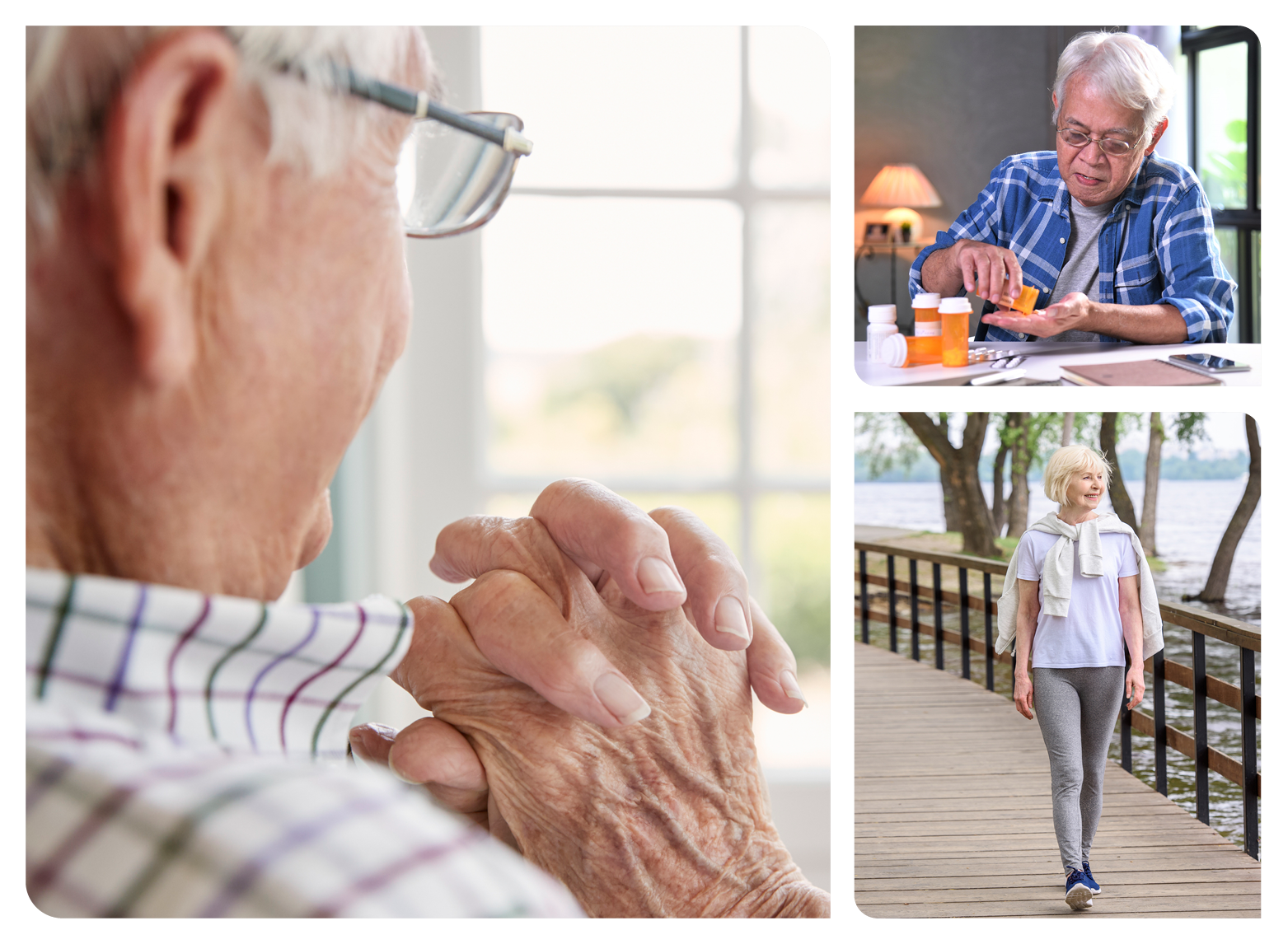What Causes it and How to Remedy It
While sleep deprivation – or not getting enough sleep is common, there is a remarkable increase as we age. Sleep deprivation affects about 10 to 20 percent of individuals in the general population, but some studies have found that number increases as high as 69 percent among the elderly. That means almost seven out of 10 older adults cannot get the recommended six to nine hours of quality sleep! To make matters worse, not only is there a higher occurrence of sleep deprivation in older adults, but the harmful effects of sleep deprivation can be more damaging than to a young person. Quality sleep will undeniably build resilience and wellness in your body and mind as you age. Consider the following causes and remedies along with your own experiences on your journey to healthier sleep.
Causes of Sleep Deprivation
Remedies for Sleep Deprivation
Older individuals face unique sleep challenges, which can include:
- Reduced melatonin and weaker circadian rhythms
- Additional health issues (for example, arthritis, cardiovascular disease, diabetes)
- Increased incidence of primary sleep disorders such as obstructive sleep apnea, insomnia, and restless legs syndrome
- Increased use of medications which can disrupt typical sleep
Remedies for Sleep Deprivation
- Establish a consistent sleep schedule – go to bed at the same time every night.
- Avoid unscheduled naps and keep naps brief.
- Stay active during the day.
- Screen sleep quantity and quality as part of a routine clinical evaluation.
- Minimize or eliminate alcohol, caffeine and nicotine.
- Talk to your health care professional about any sleep-related issues you are experiencing.



